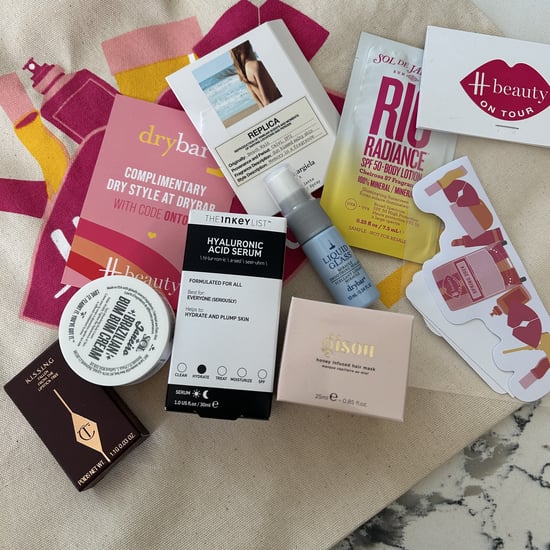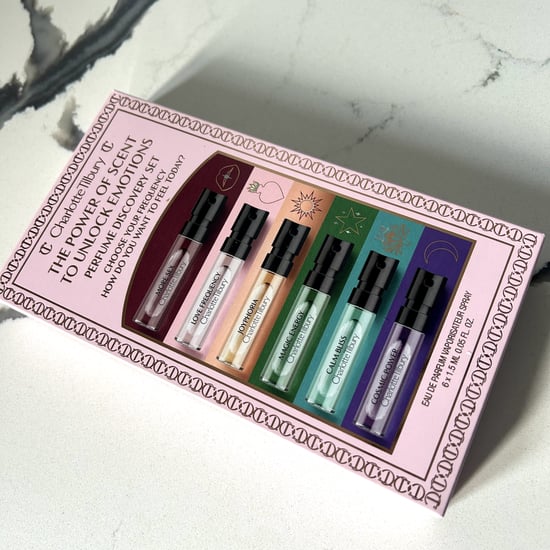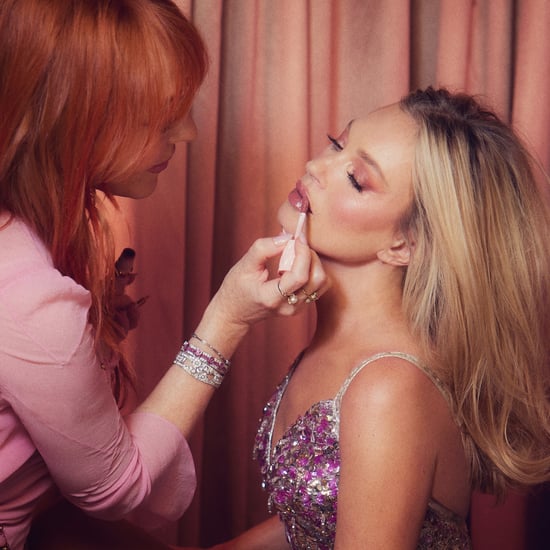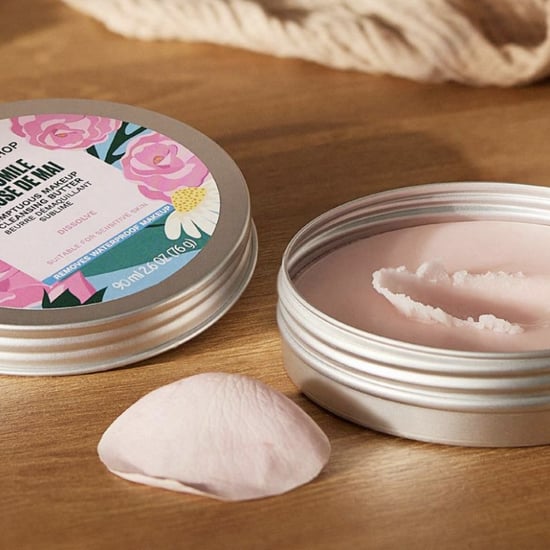ASA Bans Influencers Using Filters to Sell Beauty Products
ASA States That Influencers Can No Longer Use "Misleading Filters" to Sell Beauty Products
Photoshopped beauty advertisements aren't just reserved for glossy magazines and giant billboards anymore. In 2021, these augmented images are present in our everyday lives with a quick tap of a screen, and it's undoubtedly having an affect on young people's mental health and perception of reality.
Before now, influencers were able to sell a beauty product on their social platforms, whilst using a filter that could potentially completely alter the way they or the product actually looks. However, not anymore thanks to new UK Advertising Standards Authority's ASA guidelines.
The ASA investigated two influencers selling popular self-tanning products and found that "because the filter effects were directly relevant to the intended purpose of the product, they did exaggerate the potential results, and the ads were therefore misleading." Because of these findings, the ASA has issued guidance for influencers to "ensure that any applied filters are not likely to mislead potential customers as to the efficacy of the product or service." It continued: "Whilst some filters on social media are obvious, some filters are not so identifiable, and if used on an ad, may even go as far to exaggerate the efficacy of a product."
The move comes after many campaigns were launched urging the ASA to consider the ban, most notably the #filterdrop campaign started by makeup artist Sasha Pallari. "I feel like the detrimental effect this is having on social media users has finally been taken seriously and this is a huge step in the right direction for how filters are used and the way cosmetics are advertised online", Pallari told the BBC.
Back in November 2020, UK beauty brand Skin Proud also called on the ASA to ban filtering and photoshopping in skin-care adverts. "We at Skin Proud are thrilled to hear news that today that the ASA have ruled that filters should not be applied to social media adverts if they exaggerate the effect of the product," said Skin Proud's global marketing director Nora Zukauskaite. "And with recent research concluding that 53 percent of those questioned in the UK wished they were more confident in their natural skin, it seems clear to us that filters are part of the problem. The ASA's ruling represents a small step towards 'filtering' out this problem."






